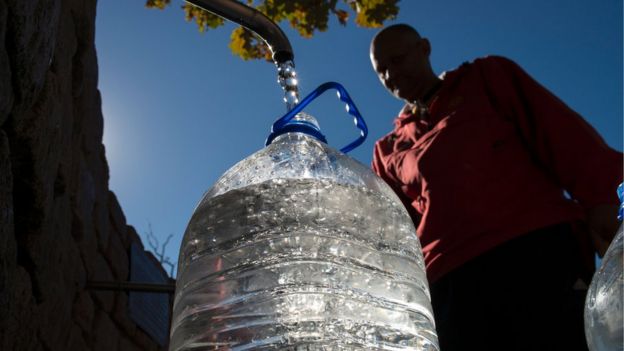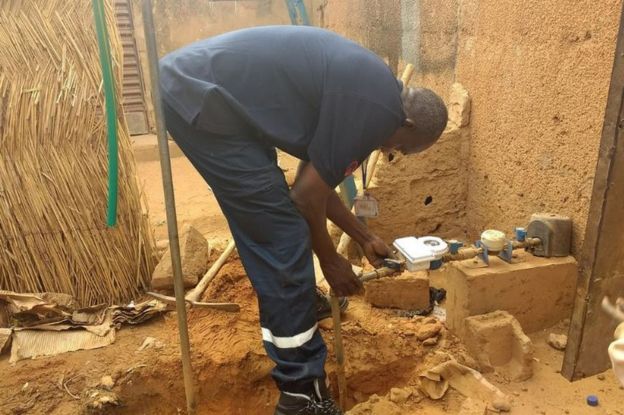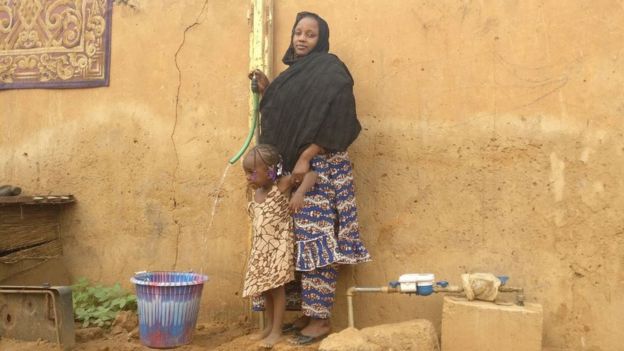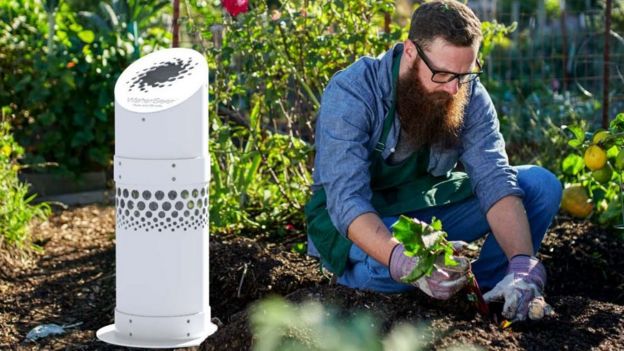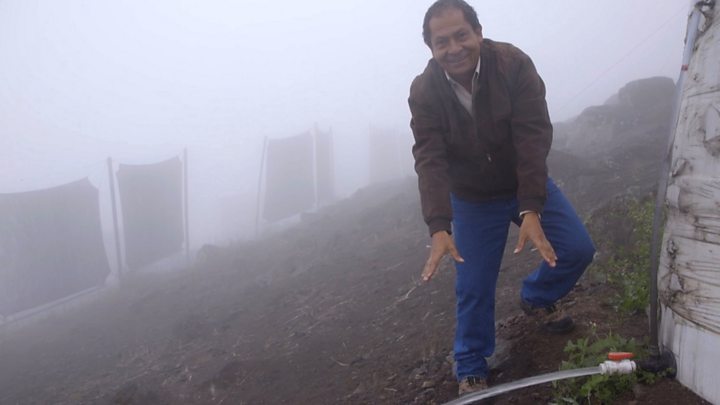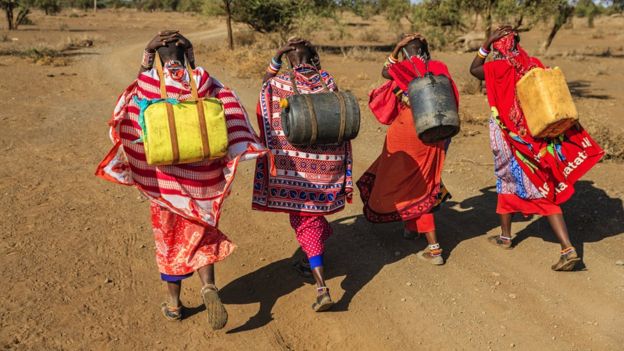ANC president Cyril Ramaphosa has promised to resuscitate the country’s ailing economy while implementing the ruling party’s policies on free education and radical economic transformation.
In his maiden January 8 statement at East London’s Absa stadium on Saturday, Ramaphosa attempted to reassure investors by painting a picture perfect South Africa under his rule.
He said the party required a programme of fundamental and radical change.
“We are going to restore our focus on building an economy in which all South Africans can flourish. An economy which benefits the people of our country as a whole rather than just to benefit a few privileged individuals and families in our country.”
He added that the party wanted an open and diverse economy that will provide opportunities for all, especially young people and women.
This economy he said, would welcome investment.
“We must not have an economy that discourages and chases away investors from investing in South Africa.”
He invited all investors from all over the world to come to South Africa to invest so that the country’s economy could grow “so that we can create jobs, so that we can end poverty, so that we can reduce inequality,” he added.
Realising historic objective
South Africa’s status has suffered one downgrade after another by ratings agencies.
The country has also been under great strain with expected growth for the year at less than 2% due to recent political uncertainty in the ANC.
President Jacob Zuma’s cabinet reshuffles have also fuelled the fire putting investor confidence in the country at an all-time low since the party took over in 1994.
Ramaphosa who now takes over from Zuma as party president will have to clean up the economy. He was the preferred candidate of business with markets responding positively to him during his campaign and victory in December at the ANC elective conference against former African Union commission chair Dr Nkosazana Dlamini-Zuma.
However, Ramaphosa’s business acumen will be challenged during his term as president of the ruling party.
He is tasked with implementing Zuma’s fee-free education proclamation, radical economic transformation as well as land redistribution without compensation.
Attempting to ease investor confidence, Ramaphosa said land will be redistributed while meeting the constitutional requirement of redress.
He added that the party would ensure that fee-free higher education for those families earning less than R350 000 would be implemented in a gradual process.
“As we accumulate more and more money, as we mobilise resources. We are going to realise this historic objective.”
Source: News24, allafrica.com



